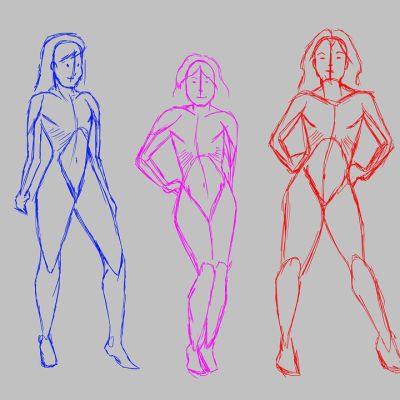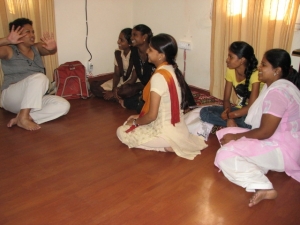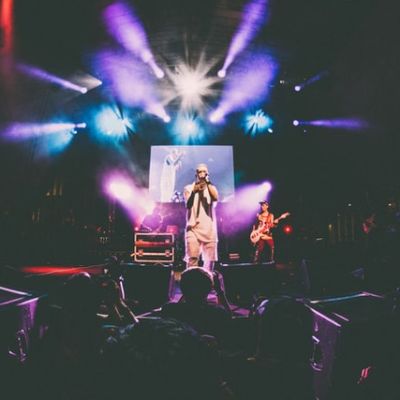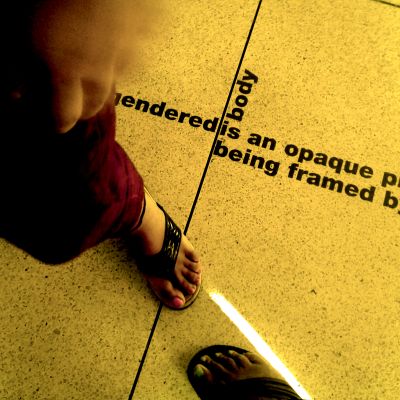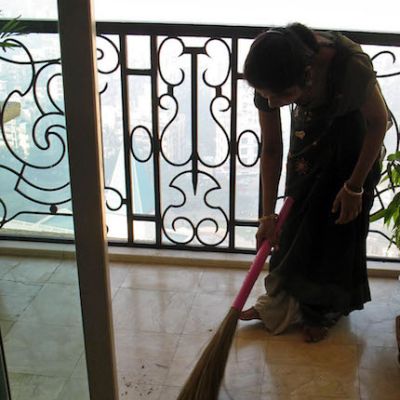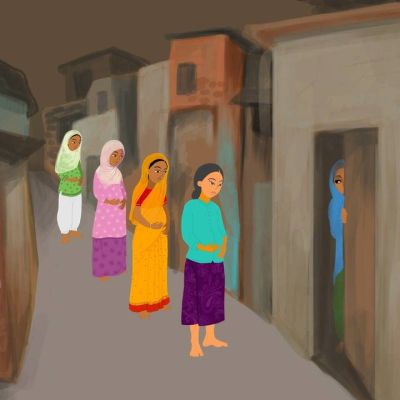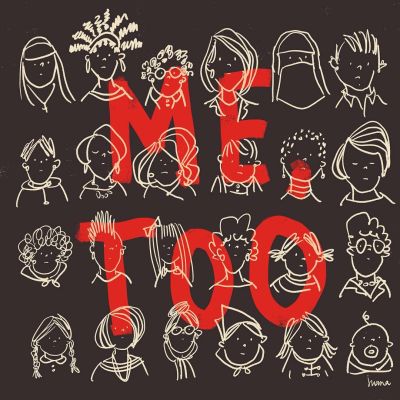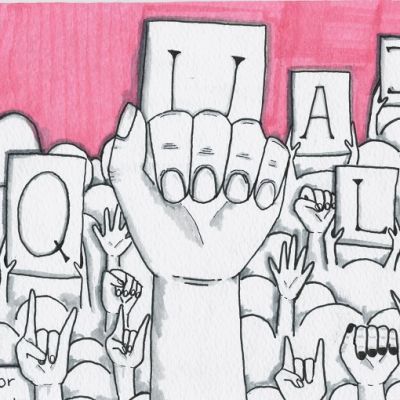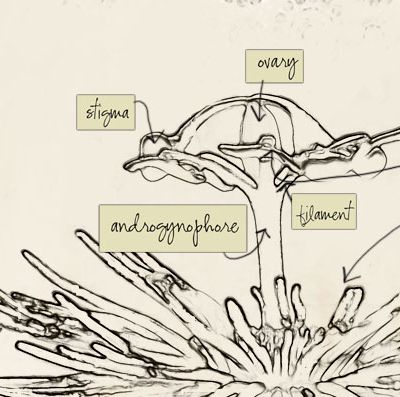Categories
This movie had instantly called out to me because the book had made a huge impression many years ago when I was going through a Stephen King phase and consuming as many of his novels as I could. It is a story of resilience where a woman had to rescue herself from a dangerous situation of metaphorical and emotional bondage as well as the physical and sexual kind.
The relationship between caste and sexuality has always been a complicated one, one that is performed through socially sanctioned practices,…
My mother was not a role model for me when I was growing up – not in the traditional sense…
By Kirk L. Kroeker, Communications of ACM on 20/1/2011 Gayatri Buragohain, India’s ACM-W Ambassador and a member of the ACM…
Hallyu, or the Korean Wave, has perhaps been South Korea’s most prominent cultural export – first touching China and Japan,…
[slideshow_deploy id=’3228′] OPA|CITY: Gender. Space. Intersections – An Interview For more on Vani Subramanian’s work, please visit her website.
I wish my elders had told me about more than just bleeding when they talked about menstruation. I wish they…
A few days ago, my cousin saw Anita masturbating while going to sleep. And while having a discussion around this, I realised how, even after its being noticed, nobody wanted to talk about finding ways to discuss it with her in a pleasure-affirming manner.
Neha is a proud, beaming 16-year-old. Standing on the lawns outside Delhi’s India Gate, she speaks to the camera about…
Sex and technology link in many different ways – whether its helps overcome a disability or separation from a loved one, or is simply be a way to increase pleasure and excitement.
Not everyone, however, is taken in by #MeToo. Some women feel that they shouldn’t have to make a public show of their pain for their suffering to be acknowledged. For others, sharing their story in such a public fashion exposes them to further online harassment from those who think of the hashtag campaign as a sympathy-seeking movement. Then there are those who are downright unimpressed, feeling that it unfairly casts sexual harassment as a man vs. women problem.
Though lovers often live in their version of paradise cut off from the wider world, as far as Faiz is concerned, the world of suffering humanity intrudes. This world will intrude because at the end of the day romantic love is only one of the bonds which makes us human.
At 13, I could (correctly!) explain the reproductive system of a plant. I’d been rather intimate with the anatomy of…
I think the best thing we can do as we take this conversation forward is to consider this multifaceted breadth of desire as erotica; to include and not exclude in our definitions, and to accept desire wherever it lives, and in whatever form.


